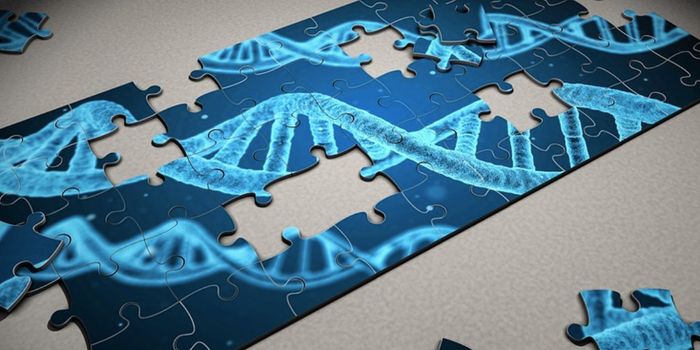Genetic Changes Can Influence Cocaine Addiction
There is no treatment for cocaine addiction, which is thought to affect millions of people around the world and has a high relapse rate for those that try to overcome it. Researchers have now identified two genetic changes that affect one type of receptor in the brain that is impacted by cocaine. These genetic changes or single nucleotide polymorphisms (SNP) alter the shape of this so-called nicotinic receptor, which is thought to play a role in some aspects of cocaine addiction. The findings have been reported in Progress in Neurobiology.
Cocaine exerts its effects mostly by binding to dopamine receptors in the brain and preventing dopamine from being taken up; dopamine molecules then build up at synapses, raising the concentration of the molecule, which plays a role in rewarding experiences. Cocaine can also affect nicotinic receptors, which can regulate dopamine.
Previous studies have suggested that when there is a small change in a gene encoding for a portion of nicotinic receptors called the α5 subunit, an α5SNP, the risk of tobacco dependence is increased. Conversely, this same α5SNP might offer a kind of shield against cocaine addiction. Many people carry this 'polymorphism' - the term for a 'mutation' in the genetic sequence that is very common in the general population; it's thought that about 37 percent of Europeans and 43 percent of Middle Easterners may carry it.
In this study, the researchers first used an animal model to examine the α5SNP. They found that animals carrying the SNP voluntarily took less cocaine when initially exposed to it.
"These preclinical data suggest that the mutation protects against cocaine addiction by modulating an early phase in the addiction cycle," said study author Morgane Besson.
Next, the researchers sought to confirm their findings in people. The research team, which included scientists from the Integrative Neurobiology of Cholinergic Systems Unit (Institut Pasteur/CNRS) and the Paris Public Hospital Network (AP-HP) assessed around 350 cocaine addiction patients. They found that people that carried the α5SNP had moved from casually using cocaine to showing signs of cocaine addiction more slowly than those that did not.
Models had also suggested that when the α5 subunit was missing from the nicotinic receptor, relapse became more likely. The researchers then found another genetic change in a different subunit of the nicotinic receptor called β4. This change was linked to a faster incidence of relapse after stopping cocaine use.
The study suggests that genetic mutations can have a significant influence on cocaine addiction and relapse. It also indicates that drugs that target the α5 subunit might be a path toward a treatment for cocaine addiction.
Sources: AAAS/Eurekalert! via Institut Pasteur, Progress in Neurobiology









